For Turkey’s young generation born and raised entirely under Recep Tayyip Erdoğan’s rule disillusionment is setting in. Once promised prosperity, stability and national pride, they are instead confronting joblessness, political repression and a shrinking sense of opportunity.
With inflation hovering near 40 percent and nearly one in three young Turks neither employed nor in education or training, “Generation Erdoğan” is beginning to question the only Turkey it has ever known.
Across Istanbul and Ankara, the arrest of opposition leader Ekrem İmamoğlu earlier this year ignited protests led largely by students and first-time voters, a rare show of defiance from those who grew up in Erdoğan’s shadow. Their frustrations go beyond a single politician or policy; they reflect a deeper rupture between a government that once embodied youthful ambition and a generation now struggling to see itself in the nation’s future.
A generation adrift
The Erdoğan era promised growth, modernisation and identity, yet for millions of young Turks, those gains now feel hollow. Economic stagnation, curtailed freedoms and fading upward mobility have turned the ruling legacy into a question rather than a conviction.
For millions of young Turks born under the long shadow of Recep Tayyip Erdoğan’s rule, the future appears less promise than problem. A 2025 survey showed that 32 % of Turks aged 18–24 were neither employed, in education nor training, placing them at the back of Europe’s youth-employment rankings.
Politics without hope
In March and April this year, thousands of young protesters poured into the streets across Istanbul and Ankara following the arrest of opposition leader Ekrem İmamoğlu. The protests were widely seen as the most significant youth-led mobilisation since the 2013 Gezi movement. These demonstrations were not just about one city mayor, they became a broader sign of generational frustration: when the only political system you’ve known produces stagnation, protest becomes both outlet and indictment.
Economic entrapment, social disquiet
Come home to the millennial or Gen-Z Turk and you will encounter a cycle of diminishing returns: a university diploma, years of effort, followed by precarious contracts, cancelled housing, rising rents and little upward mobility. Recruitment data show Turkey is the only European country where graduate unemployment exceeds general unemployment. Meanwhile, steady youth protests and social-media activism suggest that rising education and awareness no longer translate into deferred hope but open anger.
Impact Shorts
More ShortsThose economic pressures feed into a wider cultural rupture. Surveys showed Turkish youth becoming increasingly secular and detached from the conservative Muslim-populist agenda that underpinned Erdoğan’s rise. The Turkish dream, rising to the middle class under state-aligned development, feels out of reach.
Authoritarian drift and shrinking space
Erdoğan’s governance has long been marked by consolidation of power, judiciary and media control. With the 2025 arrests of key opposition figures and mass detentions of young protesters, political analysts say Turkey has entered a phase of managed decline rather than evolution. For the young generation, this means growing distance from their state: institutions are no longer seen as enabling their future, but constraining it.
A generation’s trust unravels
The danger for Turkey is not simply one of democratic backslide — it’s the risk of losing an entire generation’s loyalty. If today’s youth believe that the only Turkey they’ve ever known doesn’t deliver, the political equation shifts. Some may emigrate. Some may disengage. A few may turn to radical alternatives.
But Turkey’s leadership still has tools to act, reforms in education and employment, meaningful opening of political space and tangible economic opportunity. What youth are asking for is not necessarily revolution, but relevance. A generational shift is underway. If the state cannot meet it, the movement may move beyond protest into realignment.
The Turkey of roads, airports and rising GDP that Erdoğan once promised is no longer visible to many born after 2000. For Generation Erdoğan, the question isn’t whether the state will change, it’s whether the state still functions for them.
With inputs from agencies


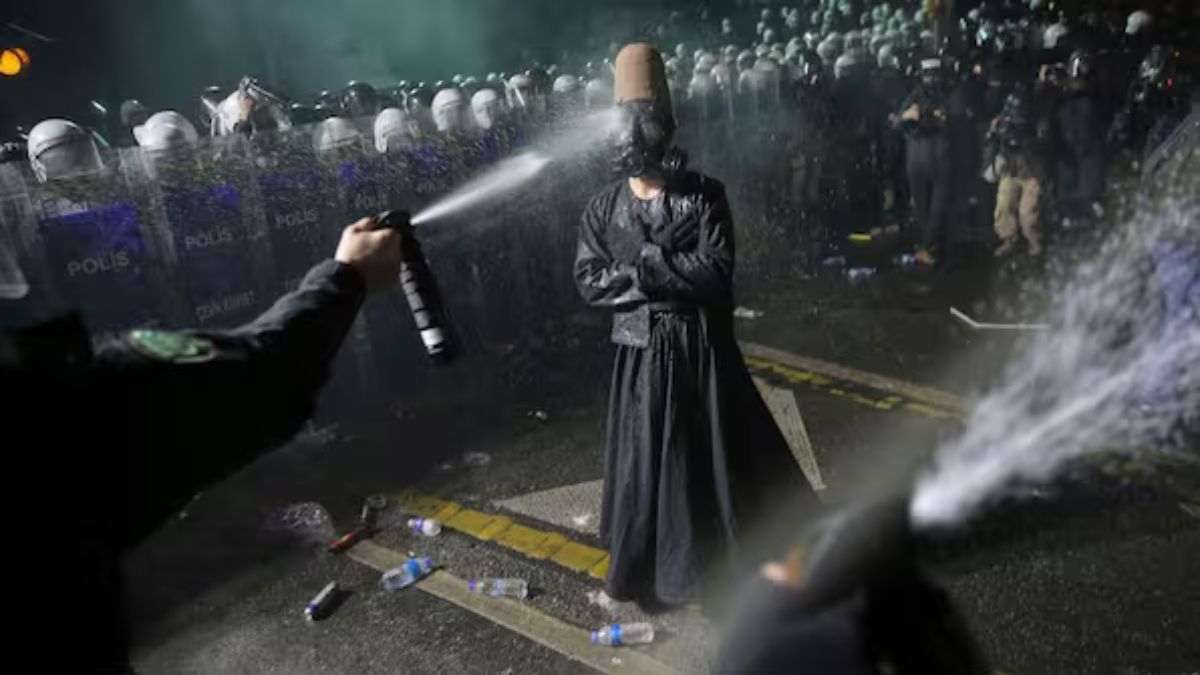)

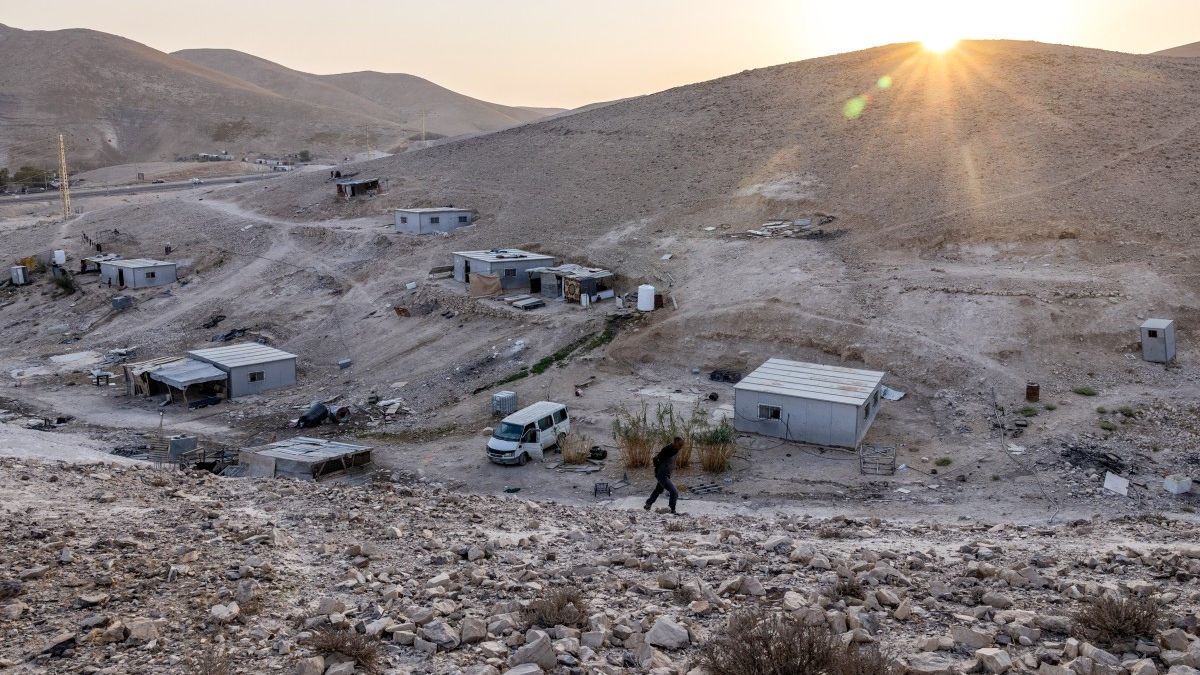)
)
)
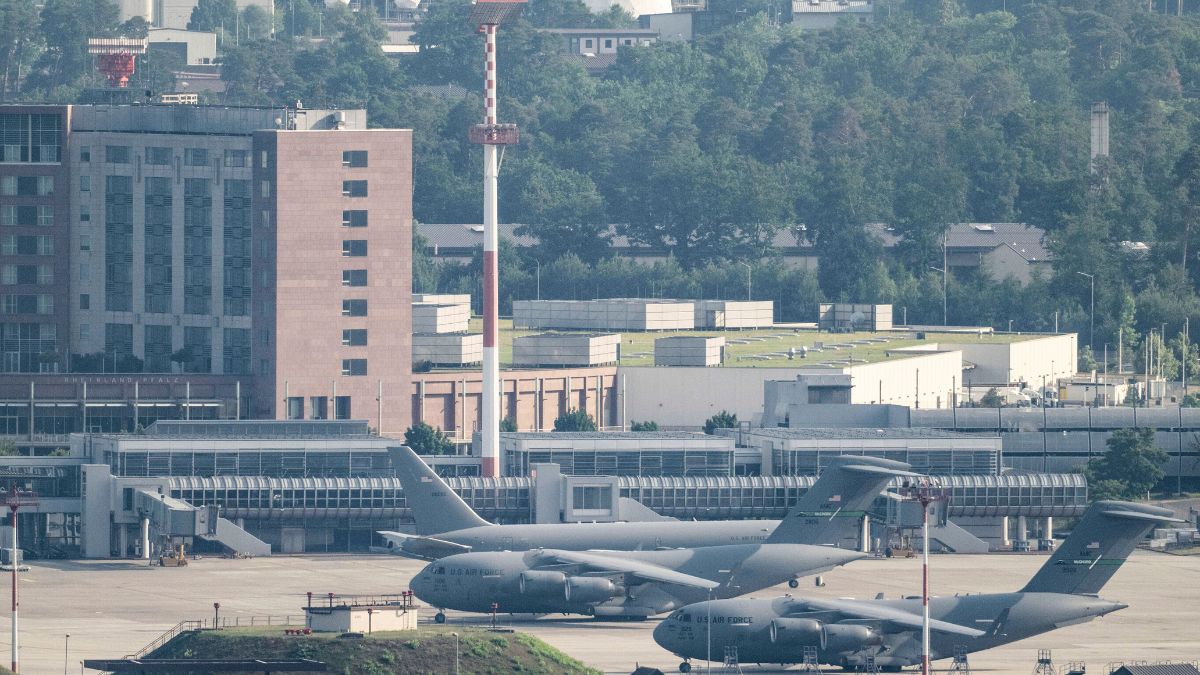)
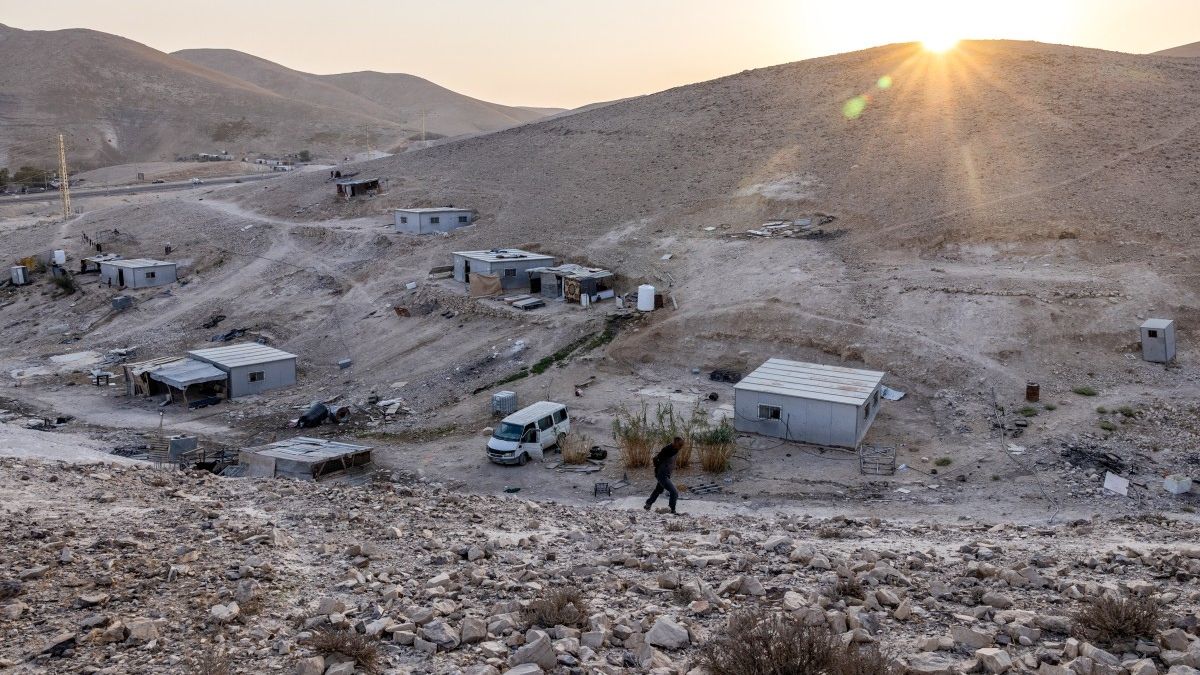)
)
)
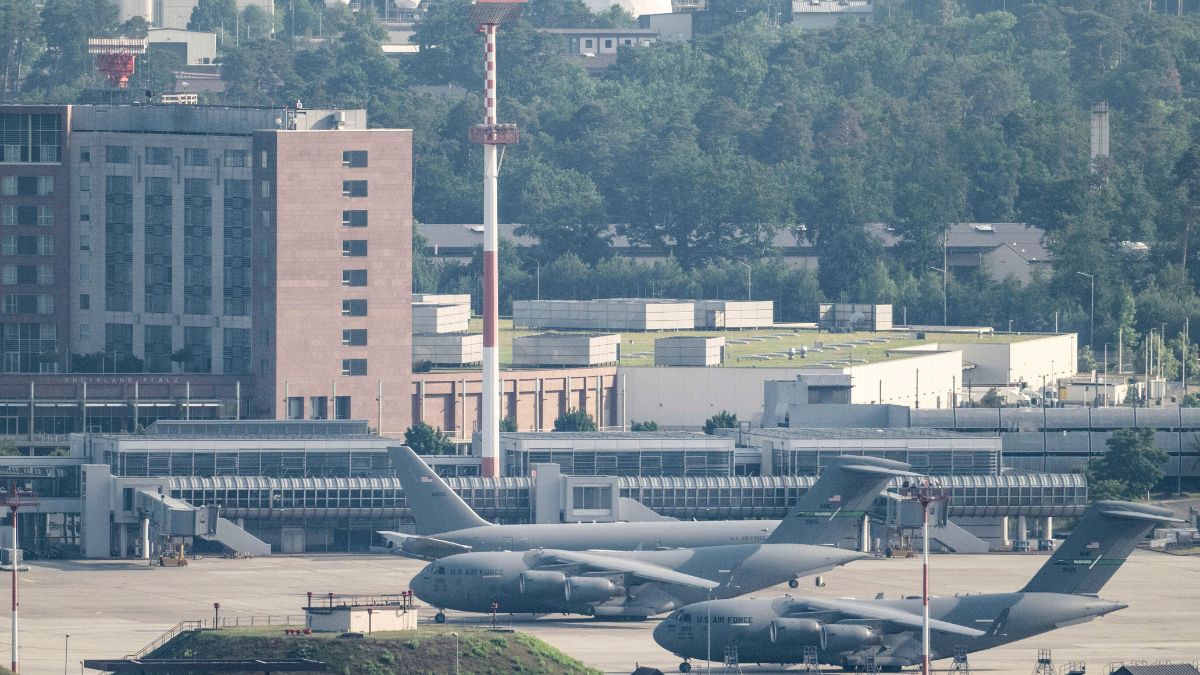)



